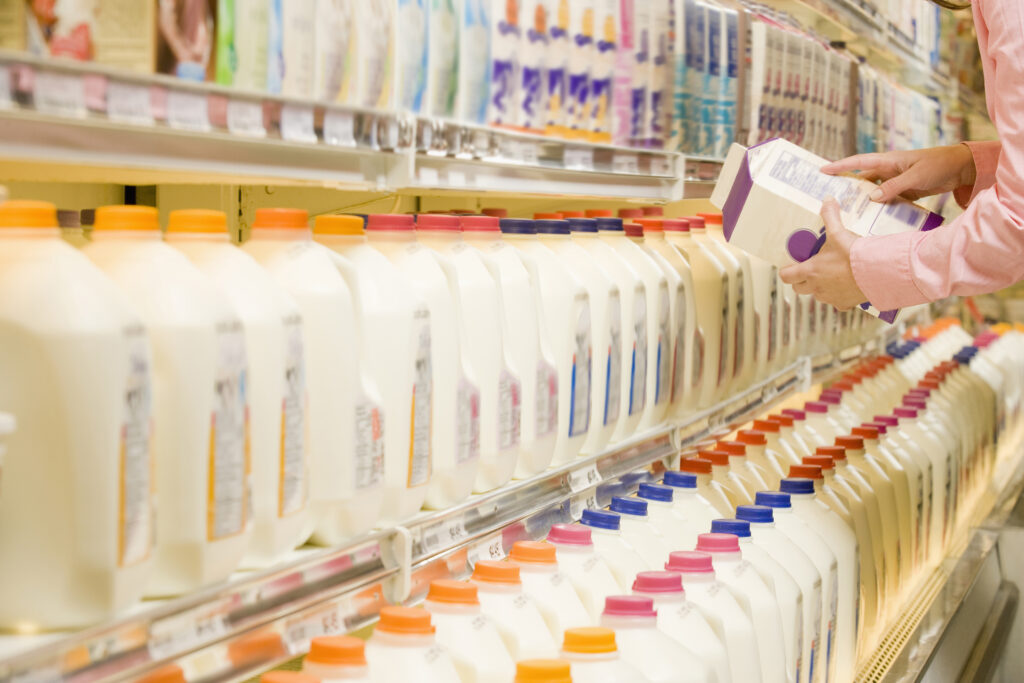Today, more than ever before, consumers demand transparency. Reading labels has become a habit for everyone, and having accurate food labels is required by law. Many food manufacturers like food labeling transparency because it gives them a chance to differentiate themselves from the competition.
As the public becomes more health-conscious about their food ingredients, it has created new opportunities for small-batch food processors to emerge and compete with more prominent companies that traditionally dominated the food market.
As much good as food labeling transparency has done, a certain amount of risk food processor must account for. While new regulations have driven the move to ingredient transparency and food labeling, litigation remains a risk. The U.S. has the most vigorous litigation culture in the world.
In recent years, a frequent litigation target has been product labeling. Since 2012, there have been over 200 class-action lawsuits against allegedly deceptive labeling of food and beverage companies. Many cases have been dismissed, but some settlements have ranged from $15,000 to $9 million. In addition to false labeling claims, plaintiffs have gone as far as to have claimed that products caused diabetes, obesity, and other diseases.
Food labeling and duty to warn lawsuits
More and more duty-to-warn cases are emerging as a critical area of risk for food and beverage companies. Food processing companies need to be sure they understand these claims’ nature and to what extent their insurance policies cover these claims.
One of the most rapidly growing risks in duty-to-warn labeling lawsuits comes alleging violations of California’s Safe Drinking Water and Toxic Enforcement Act of 1986 – also known as Prop 65. It requires companies to provide an on-label warning for any products sold in California that “knowingly and intentionally” expose consumers to chemicals that are known carcinogens or reproductive toxins.
Claims under Prop 65 arise in the context of plaintiffs asserting that products contain ingredients that aren’t appropriately characterized as “all-natural” such as high fructose corn syrup or processed food ingredients. Other claims that promised health benefits did not deliver.
Keeping in mind here is that food labeling’s transparency can lead to unforeseen claims, mostly when other wording on the labeling is seen to conflict with the listed ingredients.
When general liability insurance isn’t enough
Most food and beverage companies have a standard-form commercial general liability (CGL) insurance policy. These policies typically cover third-party claims arising from bodily injury or personal injury. Sometimes a claim alleging the absence of a health benefit, a CGL policy may be enough to cover the claim.
However, because many Prop 65 complaints and other labeling claims do not allege bodily injury, CGL insurers often argue that their policies do not provide coverage. Companies should also take a close look at their D&O policies and understand the coverage limitations and if their policies cover labeling and duty-to-warn cases. Suppose a food and beverage company finds they do not have coverage for labeling and duty-to-warn claims upon review of a D&O policy. In that case, they should work with their counsel and brokers to find appropriate excess coverage.
The biggest challenge for food processors is making sure all of their risks are covered. Partner with McGowan and ensure all of your food processing risks are insured. McGowan specializes in writing Umbrella & Excess Liability products for a broad range of food-related businesses.


